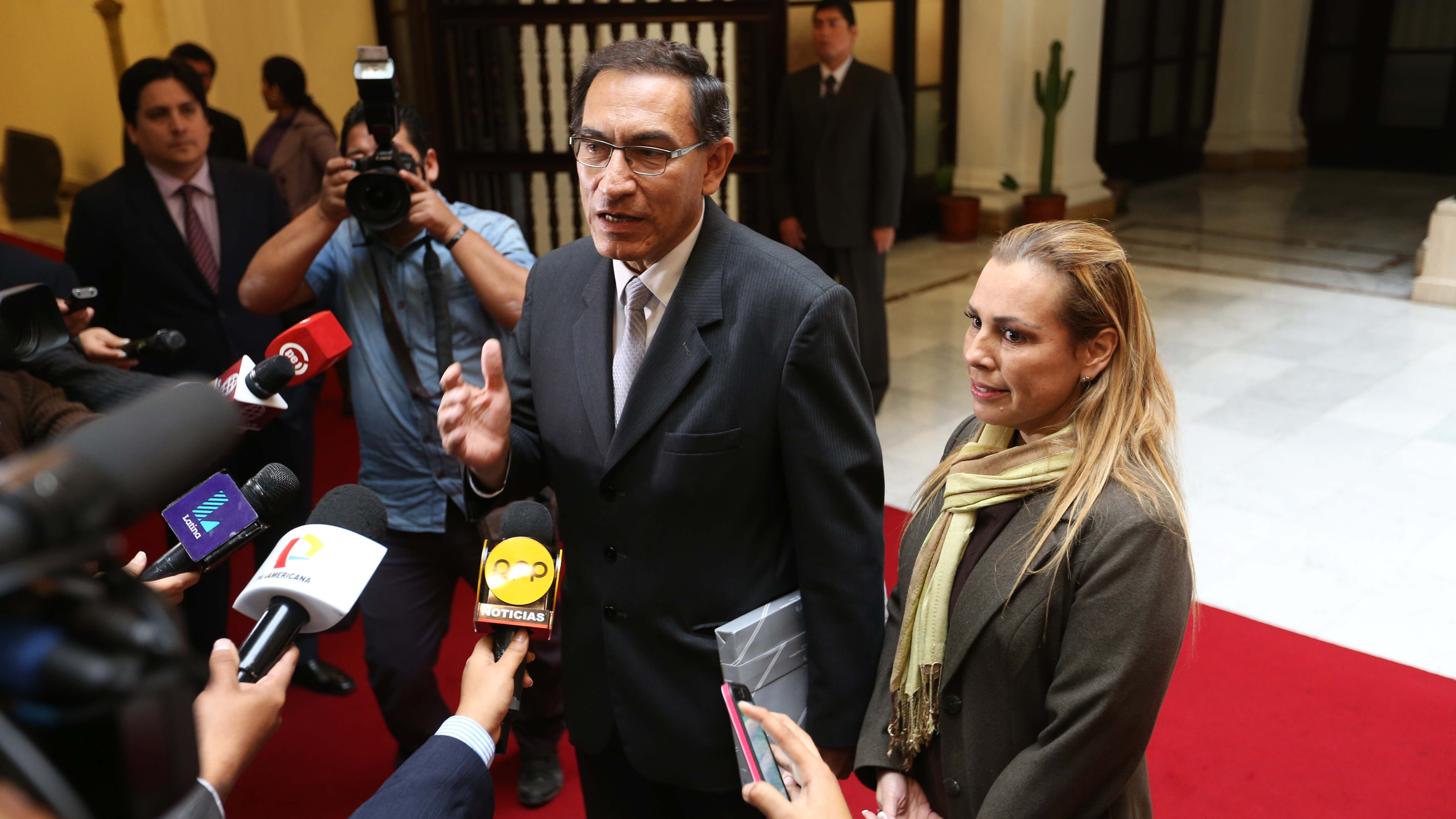President Vizcarra's Progress in Peru
Peru’s emergency stand-in president, Martín Vizcarra, looks like he may well reform the country. We investigate the impact for investors...

Peru’s economic resilience in the face of political certainty has been impressive. It’s had five finance ministers and two presidents in the last year but despite that looks on track to grow 4.5% in 2018. International investors have become sanguine about the political changes because over the last few decades, they’ve seen that whoever comes to power in Peru is generally pro business. However, the dramatic upheavals do bear a cost. The country’s much-delayed infrastructure programme doesn’t benefit from the constant change of leadership, which postpones investment. Moreover, the constant changes at the top prevent the deep reform of Peruvian politics that are clearly needed given that the last four presidents are all facing corruption investigations.
Low-profile reformer
When Vizcarra came to power in March this year as the emergency replacement for Pedro Pablo Kuczynski, who was forced to resign over a vote-buying scandal, most analysts had limited expectations. Despite serving as one of Peru’s two vice presidents, Vizcarra was a low-profile figure who was expected to steady the ship until the next presidential elections in 2021. However, he is using his limited tenure to reform Peru’s political system. Despite initial opposition from congress, where his party has a minority, he has managed to gain approval for his package of four constitutional changes to go to a public referendum in December.
"investors might yet see more big changes effected by the substitute president…"
The first proposal is to create a new board to select and supervise judges and prosecutors. It’s vital because the previous committee was compromised by corruption, which undermined the judicial foundations of Peru’s democracy. The other three measures go to the root of Peru’s political problems. One would create a senate, which was abolished by the autocratic Alberto Fujimori in the 1990s, the other gives constitutional protection to a law regulating corporate donations to political parties, which was the cause of the recent corruption scandal, and the final measure will prevent congressmen from standing for re-election.
More to come
Given the current, and deserved, public opprobrium for Peru’s political class it is likely that all four measures will pass. On their own they won’t create a perfect system of government but they should limit some of the most egregious areas of abuse. Moreover, Vizcarra’s success in facing off the main opposition party Fuerza Peru suggest that he won’t be a lame duck until 2021. With an approval rating of 45% that’s high by Peruvian standards, investors might yet see more big changes effected by the substitute president.